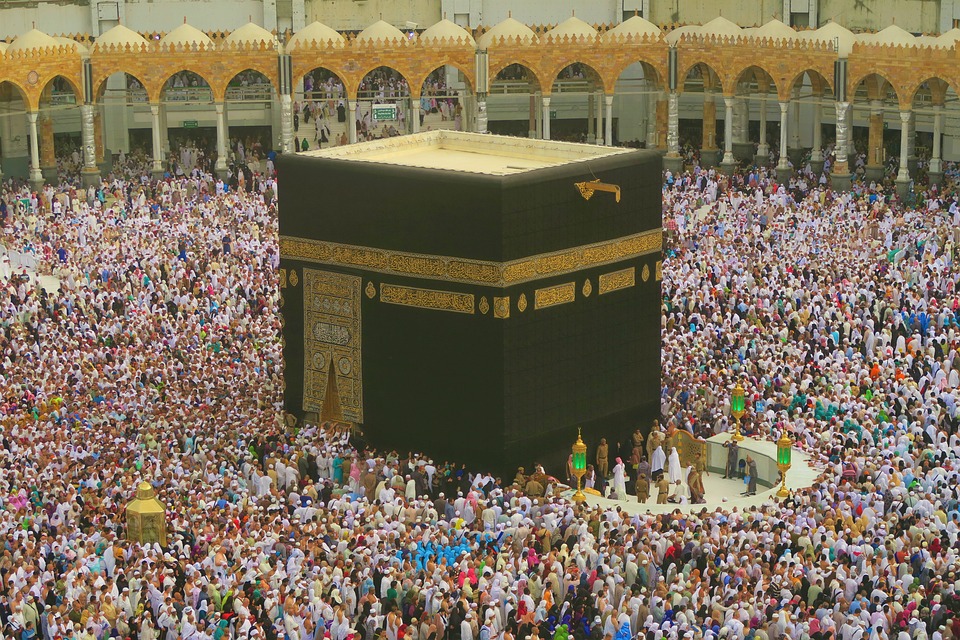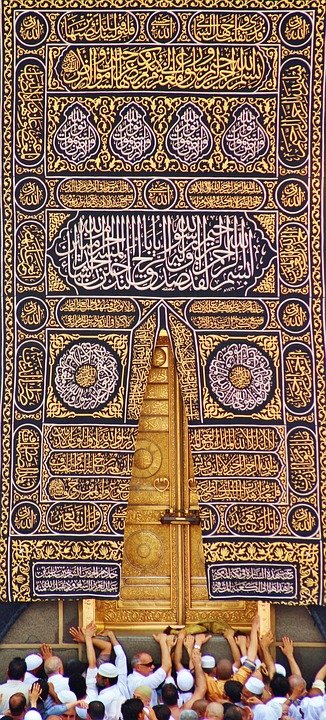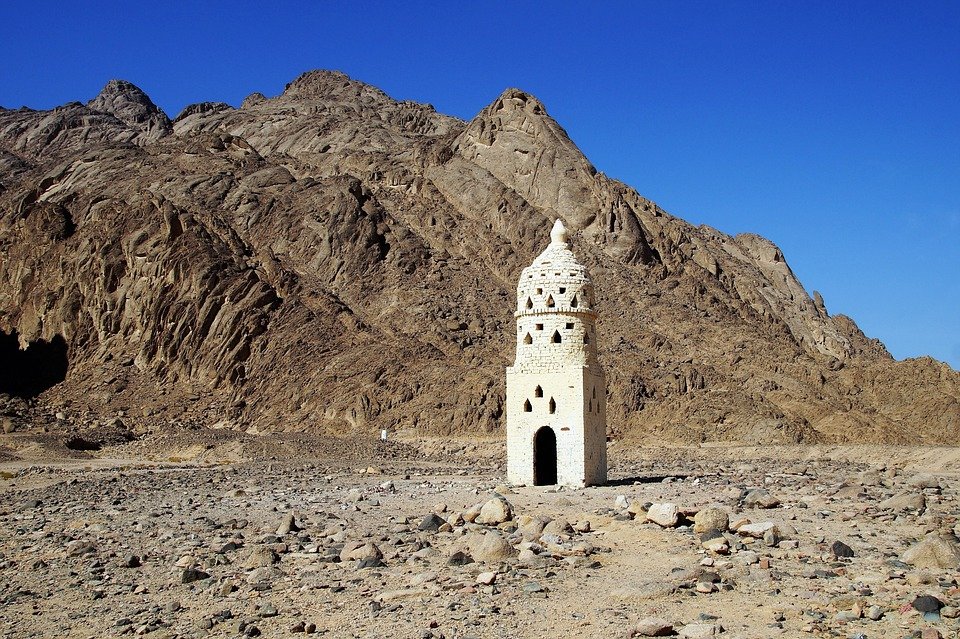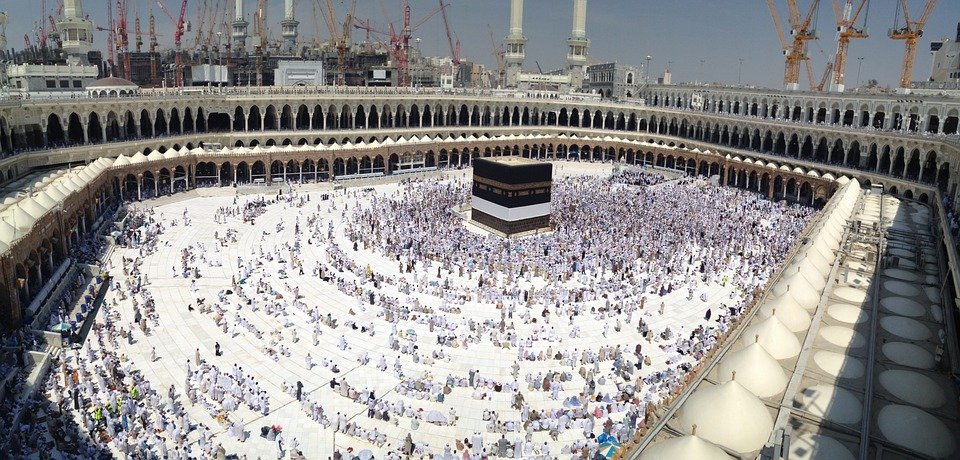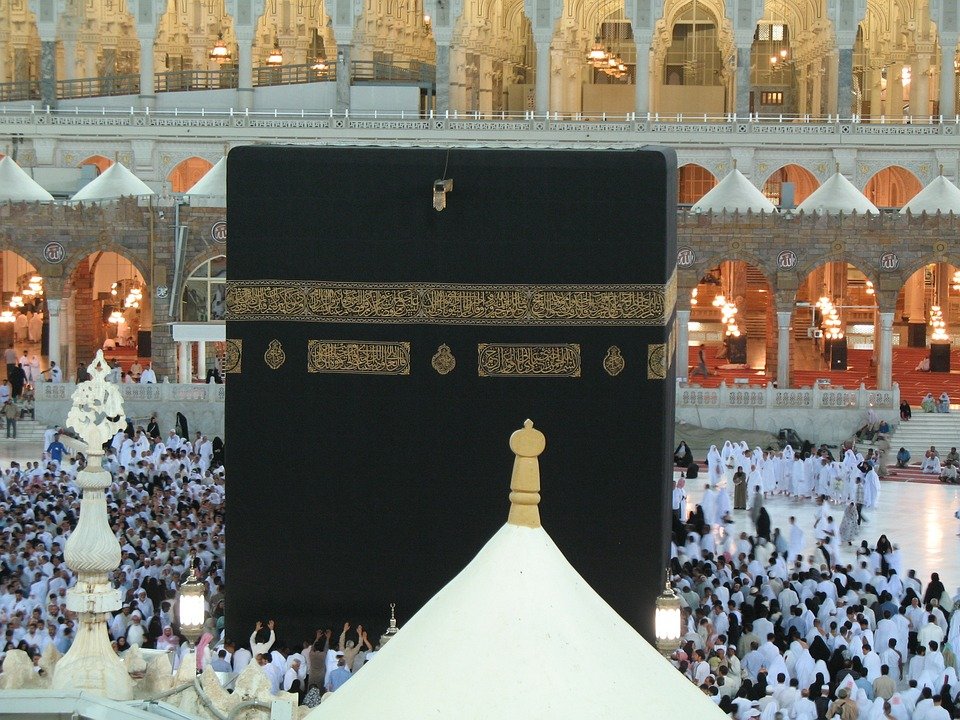When it comes to understanding the religious practices during Hajj, one question that often arises is, “which kalima is recited during Hajj?” This important aspect holds significance for millions of Muslims who participate in this sacred pilgrimage. In this article, I promise to provide you with a proper guide to the specific kalima recited during Hajj. You will find details that enhance your understanding of this vital recitation and its place within the rituals of this holy event.
In my opinion, recognizing the importance and significance of the kalima recited during Hajj enriches the experience for every pilgrim. The recitation serves as a powerful reminder of faith and devotion, anchoring pilgrims amidst the myriad rituals. We at Airlinkhajjandumrah.com have gathered invaluable insights and expertise over our nine years in the Umrah and Makkah-Madinah travel field since 2016. I feel confident that this article, “Kalima Recited During Hajj: Significance and Meaning Explained,” will equip you with the information needed to embrace the spiritual essence of your pilgrimage fully.
Kalima Recited During Hajj: Significance and Meaning Explained
The Essence of the Kalima
The Kalima, or the Declaration of Faith, holds immense importance in Islam. It is a simple yet powerful statement that affirms the belief in the oneness of Allah and the prophethood of Muhammad (peace be upon him). When we recite the Kalima, we are expressing our devotion and commitment to our faith. It’s not just a formality; it’s a heartfelt proclamation that shapes our identity as Muslims.
Every time we say the Kalima, we remind ourselves of what it means to be a believer. It fosters a sense of unity among us. During Hajj, the Kalima becomes even more significant. Millions of Muslims gather in Makkah, all uttering the same words, creating a beautiful sound of faith that resonates throughout the holy city. This powerful moment reminds us that we are not alone in our beliefs; we are part of a vast community.
The Role of Kalima in Hajj Rituals
During the Hajj pilgrimage, the Kalima serves as a foundation for various rituals. From the moment one steps into the state of Ihram to the final Tawaf around the Kaaba, the Kalima is often repeated to reinforce one’s faith. This repetition adds a layer of spiritual significance to every action performed during Hajj.
It’s fascinating to think about how the Kalima intertwines with the key moments of Hajj. Whether one is standing on the plain of Arafat, gathered with millions, or participating in the symbolic stoning of the devil, reciting the Kalima brings a special tranquility. It’s a reminder that all these acts are part of a greater purpose, connecting us to Allah and the teachings of our beloved Prophet Muhammad (peace be upon him).
Spiritual Significance of the Kalima
Reciting the Kalima during Hajj is not only a vocal act; it is a spiritual experience. Each recitation brings us closer to Allah. When we utter these words, we commit to embodying the values of Islam in our daily lives. The Kalima is more than just a declaration; it’s a guide for how we should live, promoting love, respect, and compassion towards others.
I feel that it’s essential for us to reflect upon the meaning of the Kalima. It encourages us to develop a stronger bond with our Creator. During Hajj, this spiritual connection becomes profound. The belief that we are part of a larger community, all echoing the same words, enhances the emotional experience. It’s a beautiful moment that deepens our faith and strengthens our resolve to act as kind and just individuals.
Historical Context of the Kalima
The Kalima has deep historical roots in Islam. It originates from the experiences of the early Muslims who faced immense challenges in practicing their faith. Their perseverance serves as an inspiration for us today. When we recite the Kalima, we connect with the struggles and triumphs of our predecessors, who laid the groundwork for our beliefs.
Over time, the meaning and significance of the Kalima have evolved. During Hajj, we honor this rich history as we stand shoulder to shoulder with fellow believers. We remember the trials faced by our predecessors, and we become grateful for the freedoms we enjoy today. This historical perspective gives depth to our pilgrimage, reminding us that we are part of something much larger than ourselves.
The Kalima and Unity Among Muslims
One of the most remarkable aspects of the Kalima is its ability to unite Muslims from different cultures and backgrounds. It serves as a common thread, weaving together various customs and traditions. Regardless of where we come from, the Kalima resonates with all of us, reminding us of our shared beliefs.
During Hajj, this unity is on full display. People from all over the world come together to recite the Kalima, fostering an extraordinary sense of brotherhood and sisterhood. This is a time when barriers dissolve, and we focus on what truly matters: our devotion to Allah. The Kalima helps create an atmosphere of peace and harmony, reminding us that at the core, we are all connected through faith.
The Kalima as a Spiritual Anchor
For many, the Kalima serves as a spiritual anchor. It provides comfort during challenging times and offers guidance in moments of confusion. When we recite it, we feel a sense of grounding, as if we are reaffirming our commitments and values. This anchoring is especially crucial during Hajj, where emotions can run high, and spiritual experiences can be overwhelming.
Incorporating the Kalima into our daily practices can transform our lives positively. Every recitation serves as a gentle reminder to live in accordance with our beliefs. It encourages us to engage in acts of kindness and service to others. By embracing the Kalima, we cultivate a mindset of gratitude and resilience. This spiritual anchor becomes indispensable, helping us navigate the ups and downs of life with grace.
Conclusion: Embracing the Kalima
The Kalima is much more than mere words; it is a manifestation of our faith and a celebration of our beliefs. Its significance during Hajj cannot be understated. The communal recitations, moments of reflection, and spiritual unity create an atmosphere that deepens our understanding of what it means to be a Muslim.
As we reflect on the Kalima, let’s embrace its powerful message in our daily lives. Whether we are on a pilgrimage or at home, reciting the Kalima can inspire us to live with purpose and compassion. The essence of our faith lies within these simple yet profound words, reminding us of our commitment to Allah and our responsibility towards each other.
Mushu, an experienced Saudi Arabia traveler and writer, shares insightful tips and spiritual reflections to enhance Hajj and Umrah journeys for fellow pilgrims. He has been to Makkah and Madina from 2016 to 2023 many times and his posts will reflect this.


